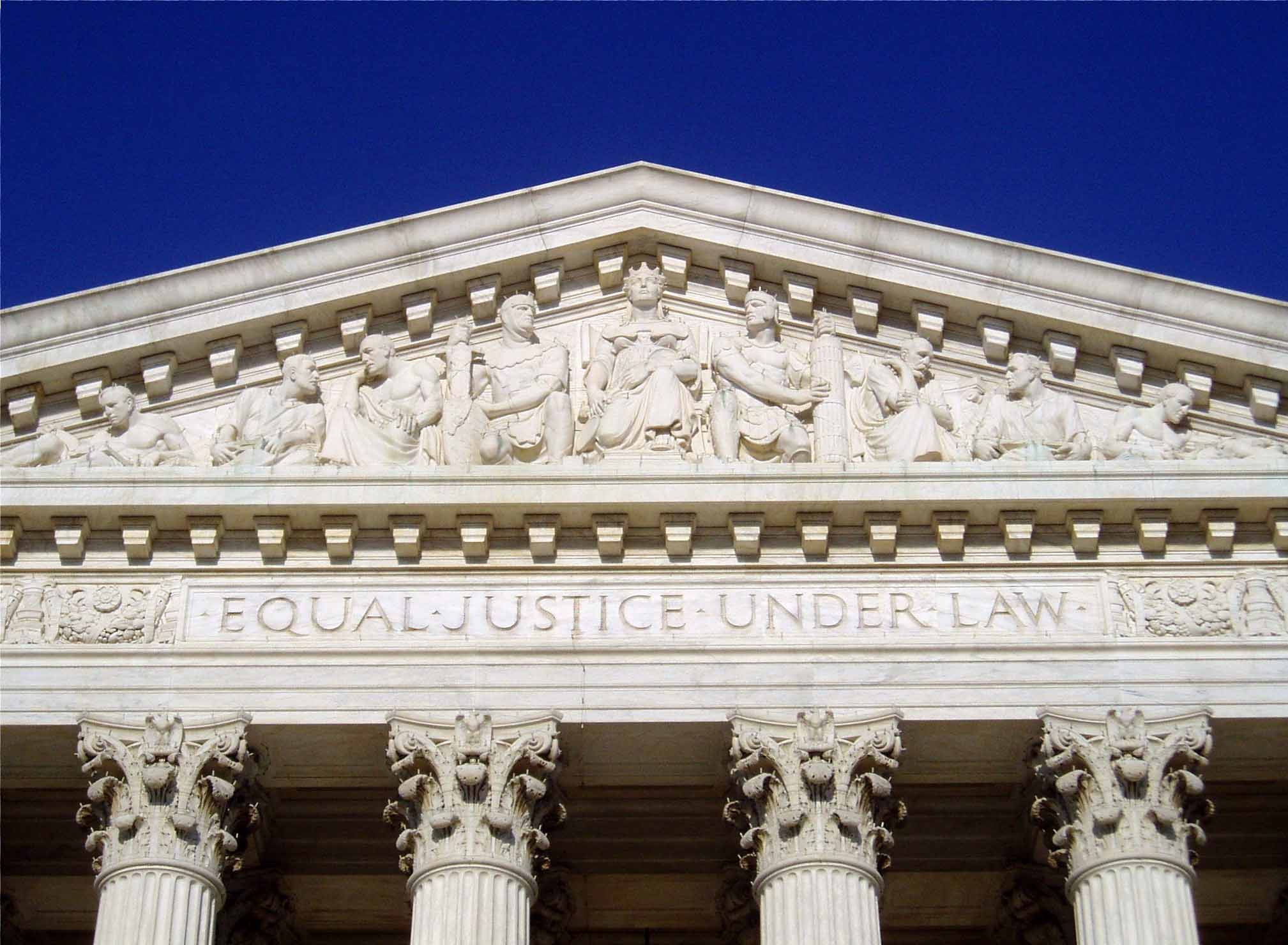In 1963, 17-year-old Henry Montgomery was given a mandatory sentence of life in prison without the possibility of parole for fatally shooting a police officer. Last Monday, the Supreme Court ruled, in Montgomery v. Louisiana, that he has the right to apply for parole.
In Montgomery’s case, the Supreme Court ordered the decision rendered in Miller v. Alabama (2012) to be applied retroactively. Miller v. Alabama ruled that mandatory life without parole for juveniles violates the Eighth Amendment, which prohibits cruel and unusual punishment. Delivering the majority opinion of the court, Justice Elena Kagan wrote:
“Mandatory life without parole for a juvenile precludes consideration of his chronological age and its hallmark features — among them, immaturity, impetuosity and failure to appreciate risks and consequences.”
As someone who turned 18 less than a month ago, I can attest to the accuracy of everything said about juveniles. Since I was 12 years old, I remember having the illusion of being justified in every decision I made. At the time, I truly believed that for whatever I did I was cognizant of all the moral implications and consequences of my actions. In retrospect, I regret many of the decisions I’ve made not just as a child, but even in these last few weeks as a newly christened adult.
Scientific studies have shown that the prefrontal cortex, the part of the brain which governs executive function and decision-making, is the final area of the human brain to mature. The human brain itself does not conclude its neurological and physiological development until around the age of 25.
The Oxford Handbook of Juvenile Crime and Juvenile Justice also explains a theory that “most young offenders will, as a natural part of normal patterns of adolescent development, desist from offending in their middle or late teenage years.”
If we can agree that juvenile imprudence is transient, surely there is a possibility that a person like Montgomery, someone who spent the last 52 years — the entire duration of his adult life and the beginning of his era of old age — in a cell, has grown out of his own adolescent immaturity.
I believe, without a doubt, that someone who committed a crime as a minor is capable of this transformation given a certain period of time. However, whether or not rehabilitation has actually occurred is the question of greater concern. Indeed, more attention needs to be directed toward reevaluating the effectiveness of the criminal justice system.
Kagan’s majority opinion acknowledges how a juvenile’s “family and home environment that surrounds him — and from which he cannot usually extricate himself — no matter how brutal or dysfunctional” can contribute to lawless behavior. However, I couldn’t help but realize how similar the environment described here is to the environment within prisons and how, ironically, incarceration is more than likely to add even more emotional trauma to the delicate and already corrupt mind that it’s intended to heal.
In a Washington Post op-ed, President Barack Obama stated, “Research suggests that solitary confinement has the potential to lead to devastating, lasting psychological consequences. It has been linked to depression, alienation, withdrawal, a reduced ability to interact with others and the potential for violent behavior.”
While Obama banned solitary confinement for juveniles in his recent executive order, there’s still much more to be addressed within the walls of this nation’s correctional facilities: abuse from prison guards, sexual assault from fellow inmates, influence from more notorious criminals and the general brutality of everyday prison life. Such are just a few of the reasons why this nation’s recidivism rates remain so high. After all, how can we expect a human being, especially a child who is forced to exist in this kind of environment, to be fully rehabilitated?
Montgomery and thousands of other prisoners who were given mandatory life sentences as juveniles deserve the right to be considered for release; but whether or not they are ready to be reintegrated back into society is the question that actually matters.
Whatever these parole hearing boards decide, the issue remains that our correctional facilities are ineffective and it needs to be addressed. Remedying prison life is very challenging; take away everything bad and incarceration won’t seem like much of a punishment. Nonetheless, I still think a better effort to reform criminal justice can be made.
William An is a freshman in the business school. He can be reached at willandbk@gmail.com.



